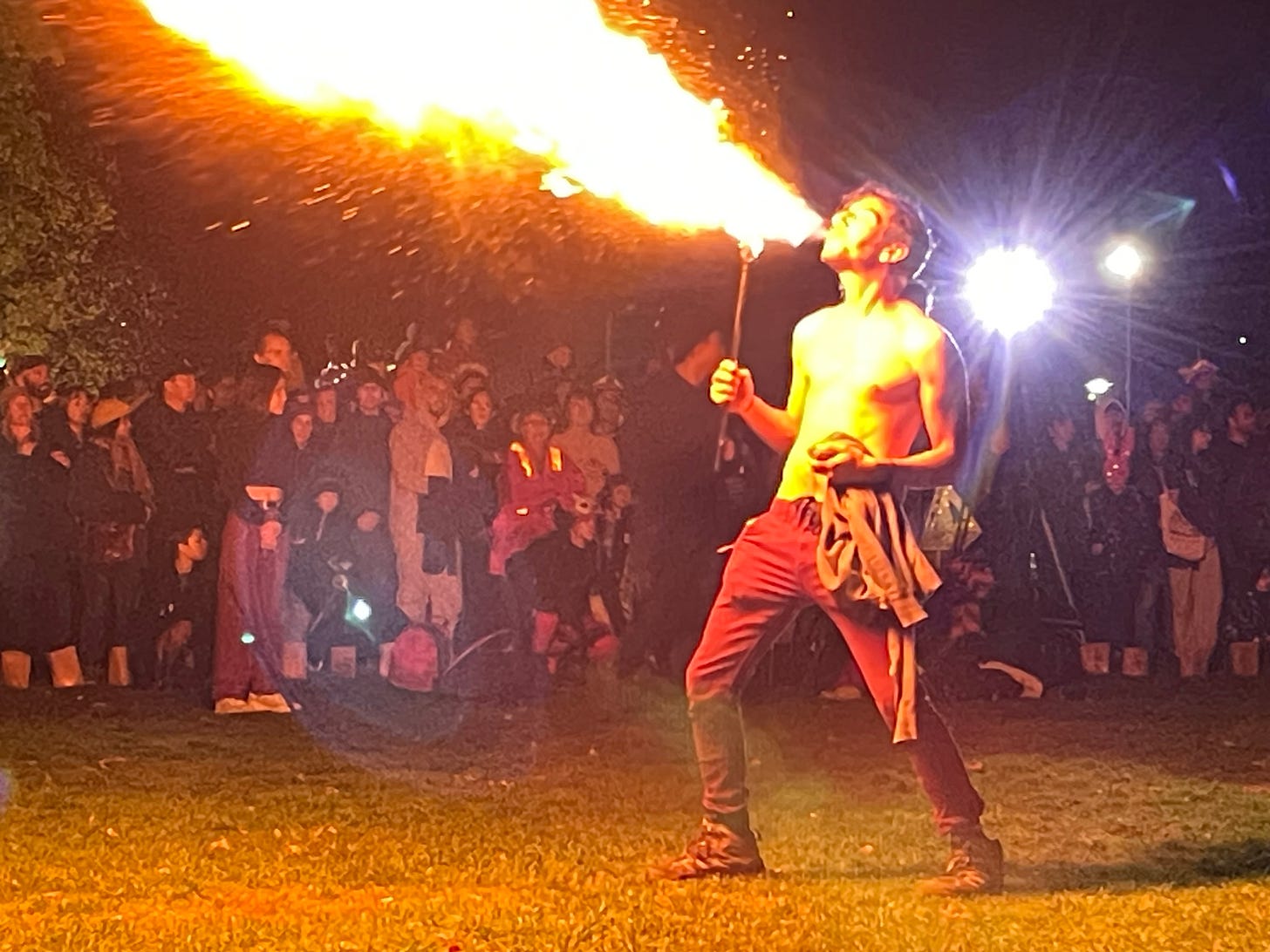Dear precious patrons,
as you have surely noticed, for some weeks I have begun many of my letters to you and to our general Gentle Readership (why the cutesy capital letters? I dunno. Desperate need for whimsy, I suppose) with a disavowal: I’m not going to be writing an essay today, etcetera. That’s because of how drained I feel and even how futile words feel at the moment, even as in fact, they are more critical—getting them right is more critical, being honest and courageous with them is more critical—than ever. But every time I consider taking a break, I announce it… and then find that my fingers want to keep typing and that I enjoy putting my drifting and ruminating and fragmented thoughts into some logical order, however truncated the result may be from what I feel really needs to be said.

Today I’m just going to talk, as I promised to do through the summer (which in fact left a long time ago1), about lessons learned writing a novel, even as I work it.
As it happens, alongside some frantic journalism—not much for most people, but for me this is a pace and a number of concurrent articles I have not done since my far-more-mobile and energetic twenties—I have been working at least close to steadily on the novel, which you’ll recall is the first part of a trilogy of planned novels set in an imaginary city, and which chronologically, historically, I mean, is second in the timeline of this place. The relevant of this is that it gives opportunities both in terms of content and structure to set things up that become important in later books (while needing to ensure that this one stands alone), and to reflect in this novel on details of the world that represent the past, an act that curiously becomes a type of foreshadowing when the past won't be read until you get to the next book. Since this book is a mystery, the set up of information and its reveal are vital.
Keep reading with a 7-day free trial
Subscribe to Live More Lives to keep reading this post and get 7 days of free access to the full post archives.



